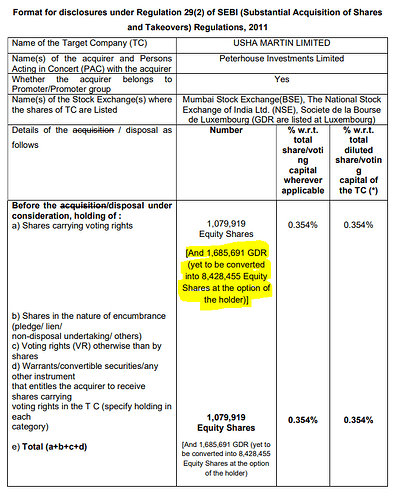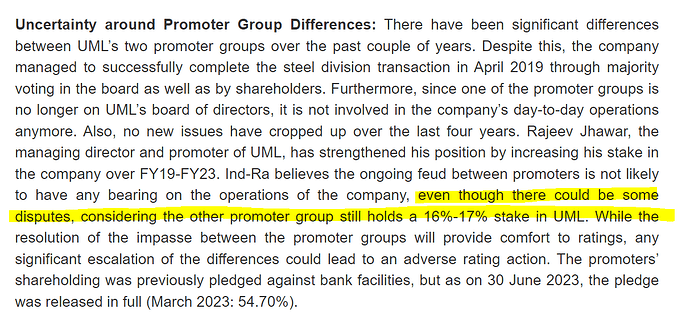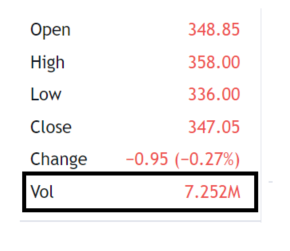How does it not make sense to question why it has gone up so much?
I thought investing was about the possible returns and not where you get them from.
A highly valued company will not give you the returns of a under valued company.
Also, do not look at my question about price movement but what that price represents.
So, it indeed matters to see “why has market continued to value the company higher and higher and way past a point where the underlying growth + future prospects can not support the valuations?”.
Also, I did consider the March2020 event. Read @sreered comment and he simply pointed out that underlying growth is 6X whereas the valuations have moved 10x, and is NOT considered out of whack.
This is a manufacturing company we are talking about, and not an IT company that we can give high levels of benefit of the doubt.
Thats where my query comes from - why are the people in this forum giving and allowing such valuations?
And I think I have got my answers, even though biased, some interesting points.





